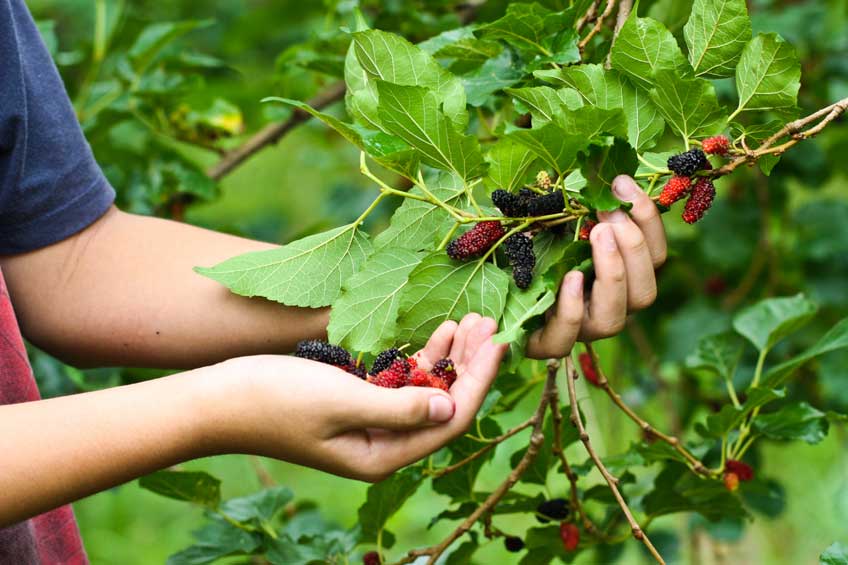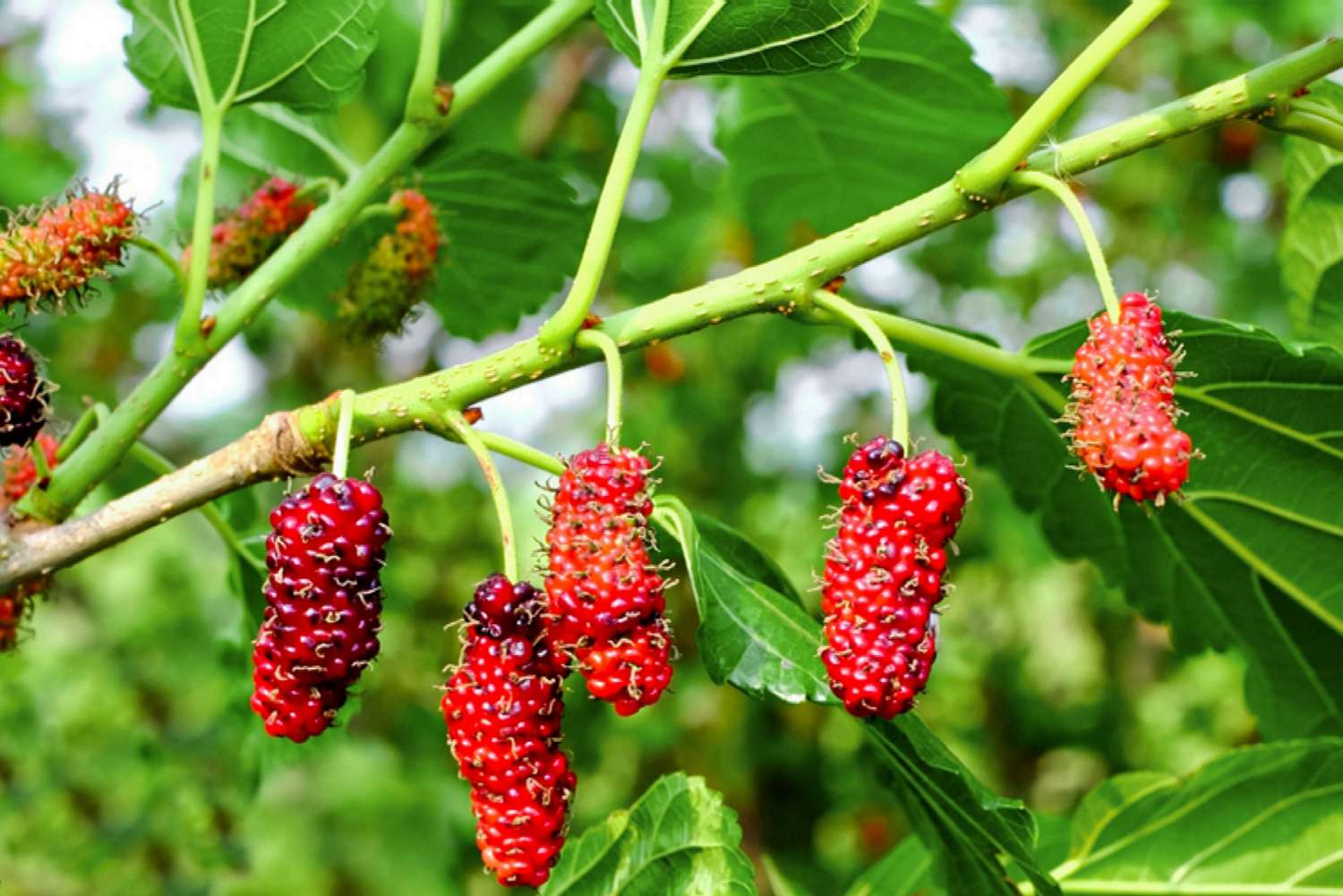Gardening is more than a hobby; it’s a path to self-sufficiency and mental well-being. While gardens are often filled with vibrant flowers and practical vegetables, one tree deserves special recognition: the mulberry tree. Often overlooked, the mulberry tree offers a wealth of benefits—from delicious fruit to profound medicinal properties.
If you’re looking to enhance your garden and your health, understanding the advantages of this extraordinary tree could transform your gardening experience. Here’s why adding a mulberry tree to your garden is one of the best decisions you can make this year.
The Mulberry Tree: Easy, Hardy, and Rewarding
Mulberry trees are known for their adaptability and ease of care, making them ideal for both novice and seasoned gardeners. Here’s what sets them apart:
- Exceptional Hardiness
Mulberry trees thrive in a wide range of climates, from temperate to tropical zones. This resilience means they can flourish in nearly any garden, regardless of location. - Low Maintenance
Once established, mulberry trees require little upkeep. They are naturally resistant to many pests and diseases, and they grow well in average soil without the need for constant fertilization or special treatment. - Rapid Growth and Early Yield
These fast-growing trees provide shade and start bearing fruit sooner than many other fruit trees—sometimes within their first year of planting.
A Powerhouse of Health Benefits

The benefits of the mulberry tree extend far beyond its hardiness. Every part of the tree—leaves, bark, and fruit—offers unique medicinal properties:
- Mulberry Leaves
Rich in antioxidants, mulberry leaves have been used in traditional medicine to help regulate blood sugar levels, making them beneficial for individuals with diabetes. Brewing mulberry leaves into tea can aid in lowering glucose levels and improving metabolic health. - Mulberry Bark
With potent anti-inflammatory properties, the bark of the mulberry tree has been used to treat skin conditions like eczema and dermatitis. When applied as a poultice, it helps reduce inflammation and irritation, offering natural relief. - Mulberry Fruit
Nutrient-packed mulberries are a powerhouse of vitamins C and K, fiber, and iron. Their antioxidant-rich profile supports a healthy immune system, combats aging, and reduces the risk of chronic diseases, including certain cancers. Mulberries also promote better digestion, making them both a delicious snack and a health booster.
Transform Your Garden and Health
Planting a mulberry tree means adding more than beauty and shade to your garden. This versatile tree provides a sustainable source of nutritious fruit and valuable natural remedies for common ailments. Its minimal maintenance and adaptability make it an excellent addition for any gardener looking to combine practicality with health benefits.
Don’t miss the chance to cultivate this incredible tree. Whether you enjoy fresh mulberries straight from the branch, sip on healthful mulberry tea, or use its bark in a poultice, the mulberry tree is an investment in both your garden and your well-being.
Start your journey with a mulberry tree today—nature’s gift to your garden and your health.
